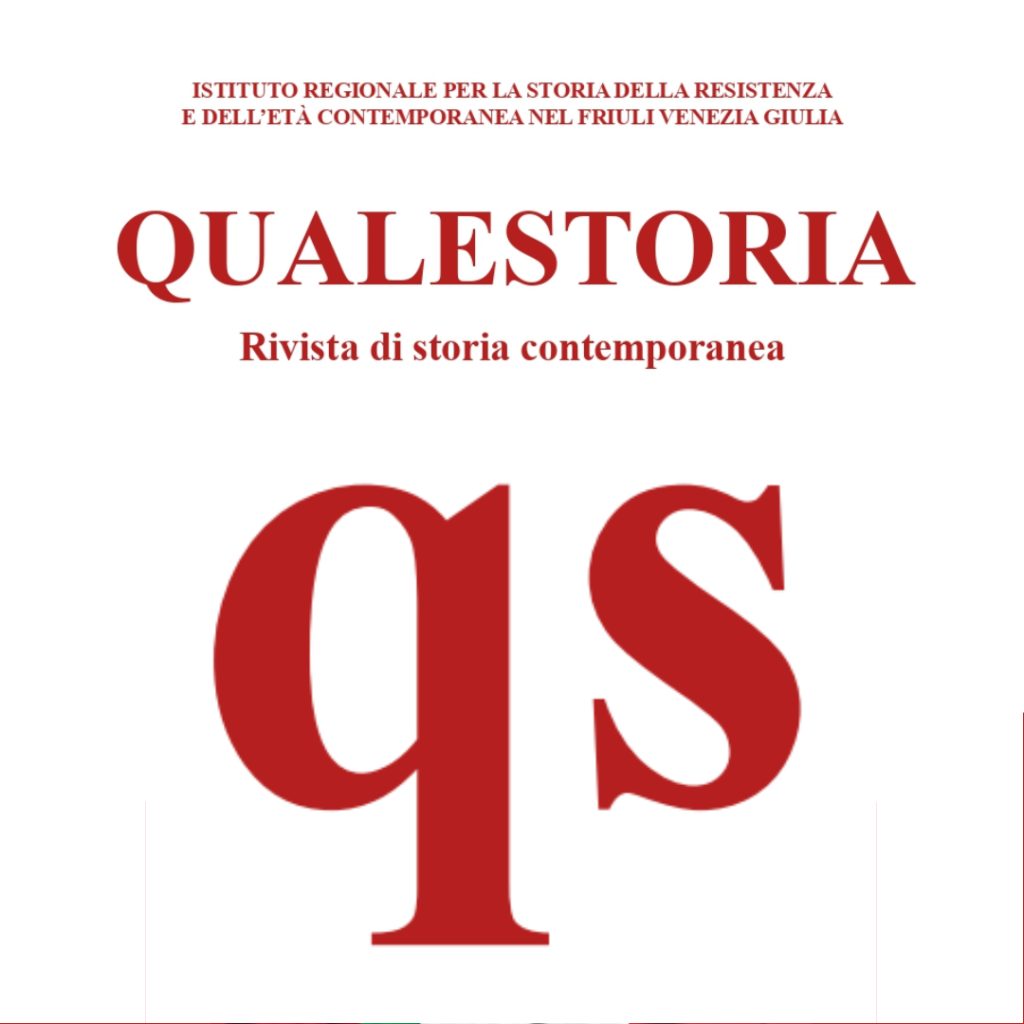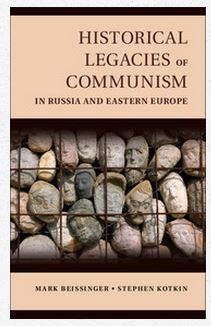
The Age of the Komitadji: Entangled Histories and Political Sociology of Insurgencies in the Ottoman World (1870s‑1920s)
Basel, January 22-24, 2015
Deadline for submitting abstracts: June 30, 2014
Deadline for submitting full papers: October 31, 2014
Description
The conference “The Age of the Komitadji: Entangled Histories and Political Sociology of Insurgencies in the Ottoman World (1870s 1920s)” is organized by Middle Eastern Studies, University of Basel and the Turkish Studies Project at the University of Utah. The conference will take place on January 22-24, 2015, at the University of Basel. The conference will examine the komitadji phenomenon within the late Ottoman World and beyond (1870s-1920s).
Komitadji is a common expression in various languages of the Balkans. The term is originally an Ottoman-Turkish expression, which literally means “a committee man.” Thus, komitadji designates membership to a secret society that strives to bring about radical reform, social revolution, territorial secession, often with resort to paramilitary warfare and clandestine political violence. Though this label is of Ottoman-Turkish origin, the phenomenon itself was shaped by nationalist insurgents in the Balkans. The komitadji phenomenon spread beyond the Balkans towards Anatolia, Caucasus, and the Arab Middle East. With time, those who were involved in counterinsurgency themselves adopted the tactics and ideas of the komitadjis. The Young Turk Revolution of 1908 brought a cadre of Ottoman-Muslim komitadjis, the Committee of Union and Progress (CUP), to the top of the Ottoman government, thus causing the “komitadjization” of political and military affairs. Beyond the Ottoman realms, in the Habsburg, Romanov, and Qajar empires, there were similar or related komitadji insurgencies.
In each setting, the komitadji phenomenon left behind a distinct culture of revolutionary patriotism and a legacy of militant political engineering. However, the history of the komitadjis is mostly limited to studies of nationalism and narratives of “national awakenings.” As a result, methodological nationalism predetermines the bias and limits of the history of insurgencies at the expense of relational and situational contingencies, ideological discourses, and multiple categorical similarities and varieties.
The growing scholarship in the social sciences on contentious politics and social movements, insurgency and counterinsurgency, and civil wars and collective violence, has only found limited but promising applications to the late Ottoman history. Transnational narratives, cross-regional comparisons, bottom-up approaches, and micro analyses are needed to establish an understanding of the komitadji phenomenon as a distinct political culture and genre of contentious politics within the socio-political framework of the late Ottoman world and beyond.
The keynote speech at the conference will be delivered by Prof. Dr. Jack A. Goldstone (George Mason University).
Soon after the conference an edited volume is planned to be published.
Eligible topics
Young scholars, especially with an on-going or recent research on topics, such as revolutionary movements, paramilitary violence, clandestine political violence, intelligence and security, insurgency and counterinsurgency, collective action, intercommunal conflict, and ethnic cleansing in the entangled histories of the Ottoman, Habsburg, Romanov, and Qajar realms, are encouraged to apply.
Organization Committee
Prof. Dr. Maurus Reinkowski (University of Basel)
Alp Yenen, M.A. (University of Basel)
Dr. Selen Etingü (University of Basel)
Prof. Dr. M. Hakan Yavuz (University of Utah)
Ramazan Hakkı Öztan, M.A. (University of Utah)
Guidelines for submission
The deadline for submitting abstracts (max. 350 words) is no later than 30 June 2014 to Mr Alp Yenen at alp.yenen@unibas.ch .
The decision of the organization committee will be announced on 31 July 2014.
All presenters will be asked to submit their draft papers by 31 October 2014.
The conference will be held from 22 to 24 January 2015.
Organizer
Middle Eastern Studies, University of Basel
Turkish Studies Project at the University of Utah
Information & contacts
Alp Yenen, M.A.
Middle Eastern Studies
University of Basel
Maiengasse 51
CH-4056 Basel
Switzerland
e-mail: alp.yenen@unibas.ch












